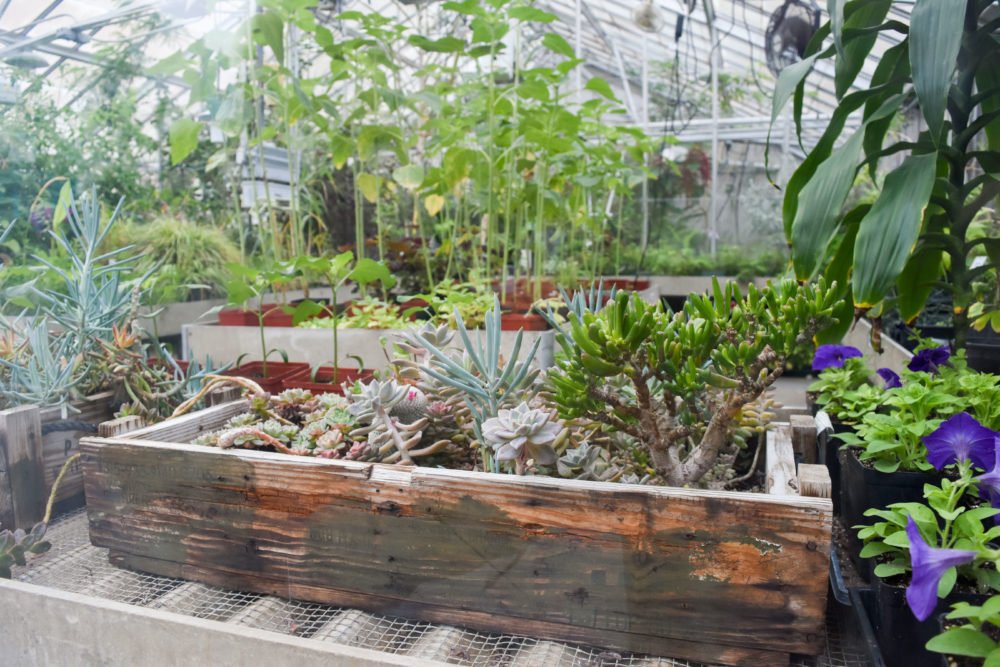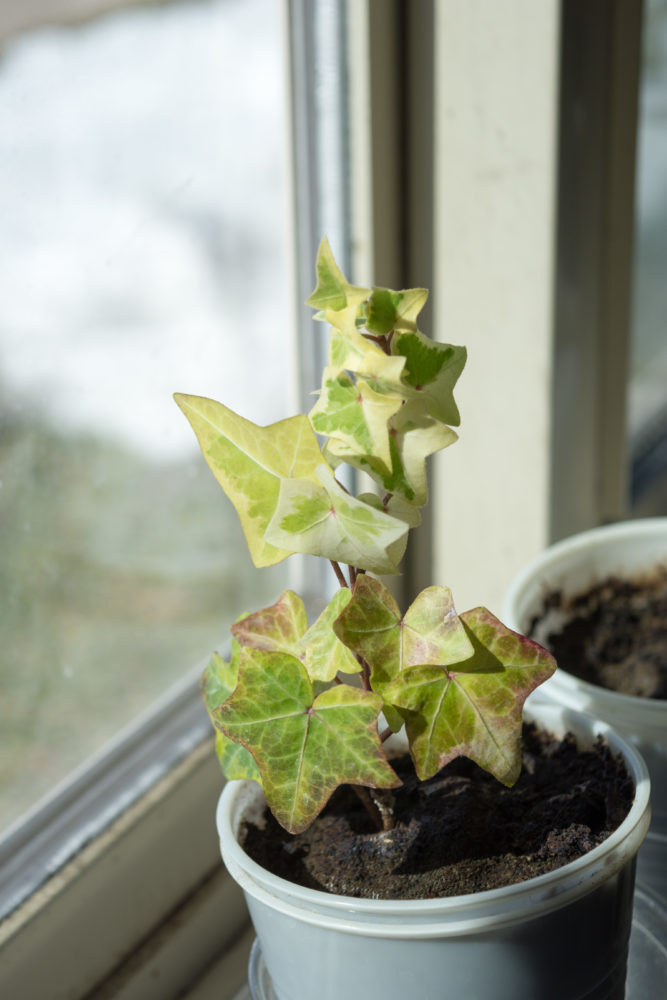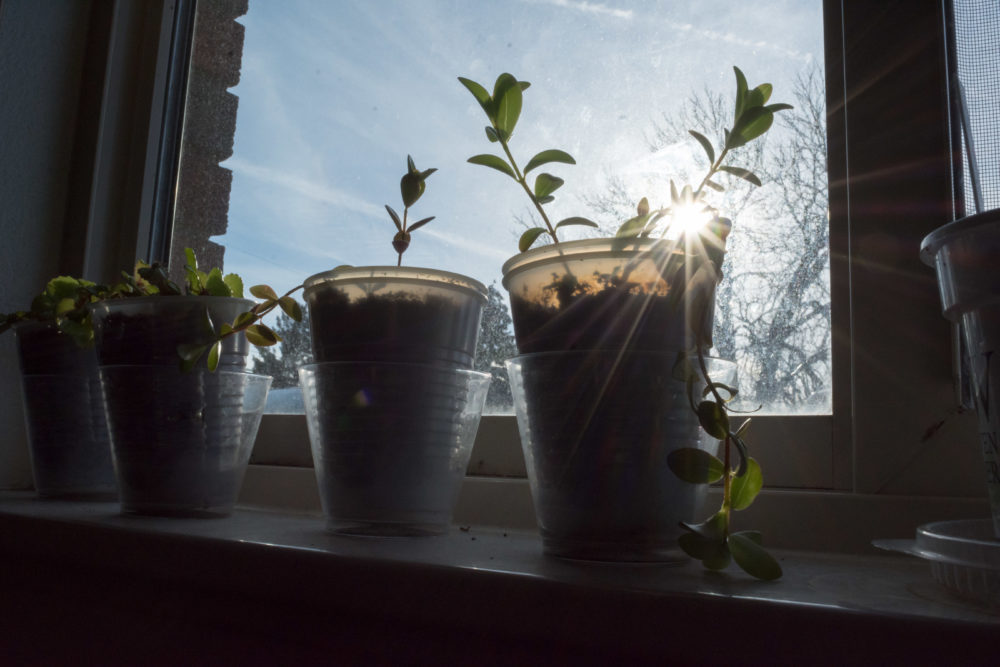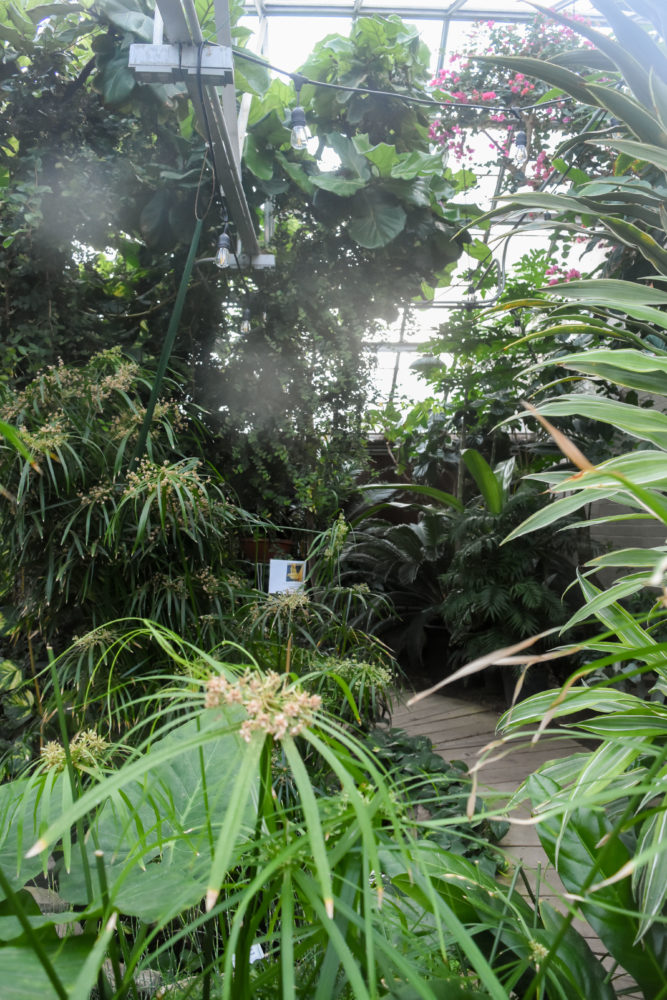Earth Day: The impact of plants on mental health
Plants play vital roles in the ecosystem.
They convert carbon dioxide to oxygen which allows the majority of animal life on the planet to thrive. Thanks to research done by the Royal Botanical Gardens in the United Kingdom, there are approximately 391,000 known species of vascular plants.
Plants not only serve as oxygen producers, but also as mental health boosters.
“I think it’s more psychological. I think the oxygen improvement is not nearly as important as much as what happens to us when we are around plants,” said Dr. Craig Aston, senior lecturer for the Plants, Soils and Climate Department at Utah State University.
Dr. Aston said the impact of being around plants has proven through decades of research that they beneficial to have around us.
 Iain Laurence
Iain Laurence One such studies was performed by environmental psychologist Dr. Roger Ulrich, from the Department of Geography at the University of Delaware. Ulrich conducted a nine year study on patients recovering in hospitals.
“The results showed that the patients with a view of the trees spent only 7.9 days convalescing, compared to 8.7 days for those overlooking the non-landscaped area,” writes Dr Ulrich in a publication for the journal Science dating back to 1984.
As science evolved and plants were further researched, more and more scientists backed the idea that nature and plants are capable of improving efficiency in mentality not only while recovering from hospital care, but in workplace environments.
“Simply enriching a previously Spartan space with plants served to increase productivity by 15 percent,” said lead researcher Marlon Nieuwenhuis from Cardiff University’s School of Psychology in an interview with The Daily Telegraph.
 Iain Laurence
Iain Laurence Indoor plants give you a little piece of nature right on your windowsill
Improved brain function is a bi-product of keeping green space around the work environment according to research done by Nieuwenhuis and her team.
Nieuwenhuis said the modern day lifestyle has removed mankind from natural experiences because urbanization created a far more efficient, yet dull world to be a part of.
Simply put, she said humans perform better when surrounded by nature instead of human constructions.
According to Professor William Damon at Stanford University, boring environments can cause depression and mental health problems, and create a loss of a sense of purpose. This occurs when an individual feels as though they do not have a reason for their own existence.
To combat the loss of purpose, Damon has his students plant trees and take care of the plants on campus to fight what he calls a “self-absorption” issue.
Many people seek to find a purpose in their life without acknowledging just how important they are to the world around them. According to Damon, taking care of plants helps give his students that sense of purpose.
 Iain Laurence
Iain Laurence Indoor plants aren’t just a pretty addition to your apartment. They can also benefit your mental health
In addition to scientists backing the idea that plants and nature helps people cope with struggles and improve mental health, Dr. Irina Wen, clinical psychologist at NYU Langone Medical Center, believes that nature is ultimately beneficial for human health.
“(Nature) reduces cognitive fatigue and stress and can be helpful with depression and anxiety,” Wen said in an interview with NBC.
The USU Plant Science Club who encourages students to learn and get involved with plant science. To learn more about the influence of plants students can learn more about the club here.
— Kylef217@gmail.com
@Kylelele_
 Iain Laurence
Iain Laurence

